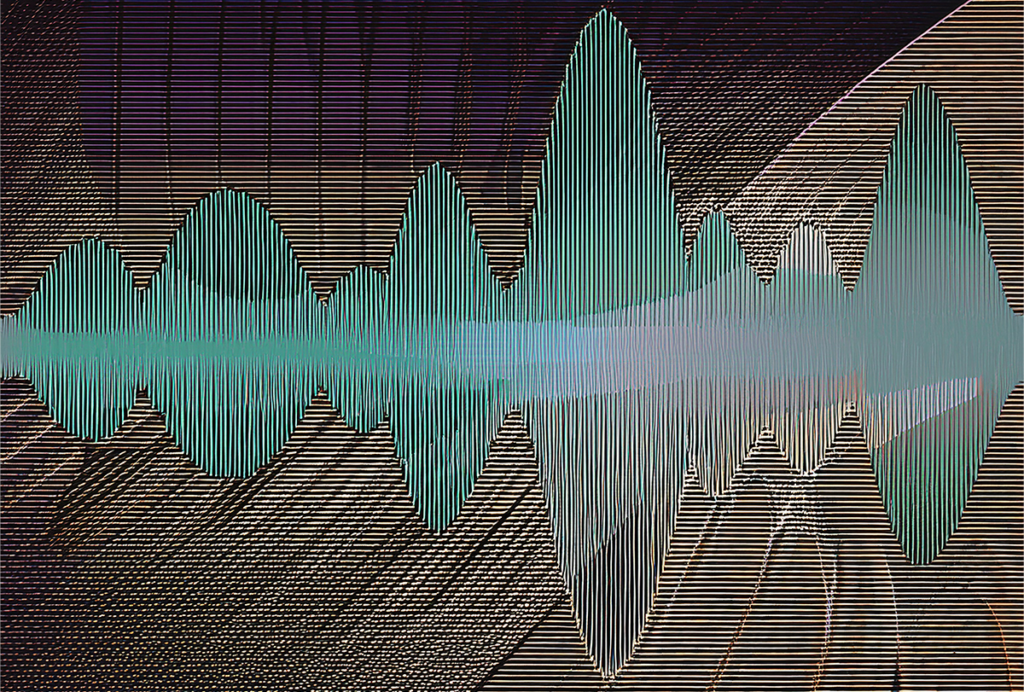AI: From bench to bot
Recent articles
This column by Tim Requarth explores the promises and pitfalls of artificial-intelligence tools in writing—when they can make writing better, faster and easier, and how to navigate the minefield of possible dangers.
Many students want to learn to use artificial intelligence responsibly. But their professors are struggling to meet that need.
Effectively teaching students how to employ AI in their writing assignments requires clear guidelines—and detailed, case-specific examples.

Many students want to learn to use artificial intelligence responsibly. But their professors are struggling to meet that need.
Effectively teaching students how to employ AI in their writing assignments requires clear guidelines—and detailed, case-specific examples.
Keeping it personal: How to preserve your voice when using AI
To harness the workmanlike prose of artificial intelligence while maintaining a recognizable style, use it as an analyzer rather than as a writer.

Keeping it personal: How to preserve your voice when using AI
To harness the workmanlike prose of artificial intelligence while maintaining a recognizable style, use it as an analyzer rather than as a writer.
From bench to bot: How important is prompt engineering?
To draft the most effective prompt, assume the stance of teacher.

From bench to bot: How important is prompt engineering?
To draft the most effective prompt, assume the stance of teacher.
From bench to bot: Does AI really make you a more efficient writer?
A more significant benefit may lie in improving quality, refining tone and reducing cognitive burden. But beware of bias.

From bench to bot: Does AI really make you a more efficient writer?
A more significant benefit may lie in improving quality, refining tone and reducing cognitive burden. But beware of bias.
From bench to bot: Boost your writing with AI personas
Asking ChatGPT to review your own grant proposals can help you spot weaknesses.

From bench to bot: Boost your writing with AI personas
Asking ChatGPT to review your own grant proposals can help you spot weaknesses.
From bench to bot: How to use AI to structure your writing
When given specific examples, ChatGPT can generate templates to help guide different types of documents.

From bench to bot: How to use AI to structure your writing
When given specific examples, ChatGPT can generate templates to help guide different types of documents.
From bench to bot: How to use AI tools to convert notes into a draft
ChatGPT can capitalize on the highly ordered nature of scientific writing to streamline your writing process.

From bench to bot: How to use AI tools to convert notes into a draft
ChatGPT can capitalize on the highly ordered nature of scientific writing to streamline your writing process.
From bench to bot: A scientist’s guide to AI-powered writing
I was initially skeptical of artificial-intelligence tools such as ChatGPT for scientific writing. But after months of using and teaching generative artificial intelligence, I have come to realize that it has a place in the scientific writer’s tool kit, even if it can’t write that grant for you from scratch.

From bench to bot: A scientist’s guide to AI-powered writing
I was initially skeptical of artificial-intelligence tools such as ChatGPT for scientific writing. But after months of using and teaching generative artificial intelligence, I have come to realize that it has a place in the scientific writer’s tool kit, even if it can’t write that grant for you from scratch.
Explore more from The Transmitter
Machine learning spots neural progenitors in adult human brains
But the finding has not settled the long-standing debate over the existence and extent of neurogenesis during adulthood, says Yale University neuroscientist Juan Arellano.

Machine learning spots neural progenitors in adult human brains
But the finding has not settled the long-standing debate over the existence and extent of neurogenesis during adulthood, says Yale University neuroscientist Juan Arellano.
Xiao-Jing Wang outlines the future of theoretical neuroscience
Wang discusses why he decided the time was right for a new theoretical neuroscience textbook and how bifurcation is a key missing concept in neuroscience explanations.
Xiao-Jing Wang outlines the future of theoretical neuroscience
Wang discusses why he decided the time was right for a new theoretical neuroscience textbook and how bifurcation is a key missing concept in neuroscience explanations.
Memory study sparks debate over statistical methods
Critics of a 2024 Nature paper suggest the authors failed to address the risk of false-positive findings. The authors argue more rigorous methods can result in missed leads.

Memory study sparks debate over statistical methods
Critics of a 2024 Nature paper suggest the authors failed to address the risk of false-positive findings. The authors argue more rigorous methods can result in missed leads.